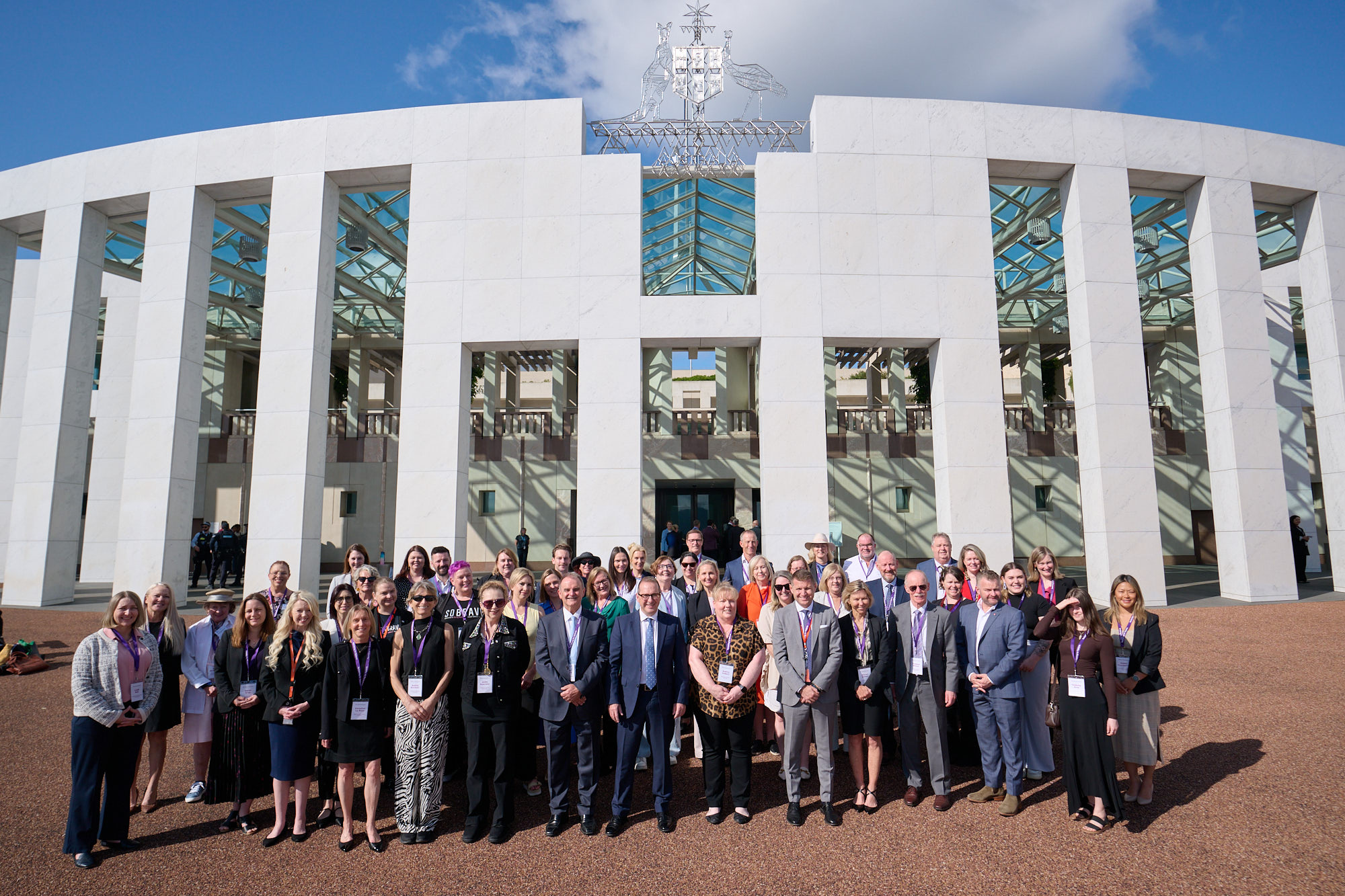East Coast Australia, 4 January 2020
The mercury hits 48.9°C in Penrith Lakes in the Sydney basin, making it one of the hottest places on earth. Even usually mild Canberra reaches 43.6°C. Bushfires are blazing, the earth is scorched, and roads are closed. Families and firefighters desperately scramble to save homes, businesses, livestock - and human lives. Despite the extreme conditions and devastation, people living with serious illness in all corners of Australia still need to access their medicines. Many of these medicines need to be stored between +2 and +8°C. And they need to be delivered by road.
Worldwide, 11 March 2020
The World Health Organization declares COVID-19 an international pandemic. Major airports around the world are closed. Passenger flights are cancelled and so no cargo is available. Supply sites in Europe also provide medicines to Australia. These medicines need to reach our borders and then be distributed – regardless of the cost.





